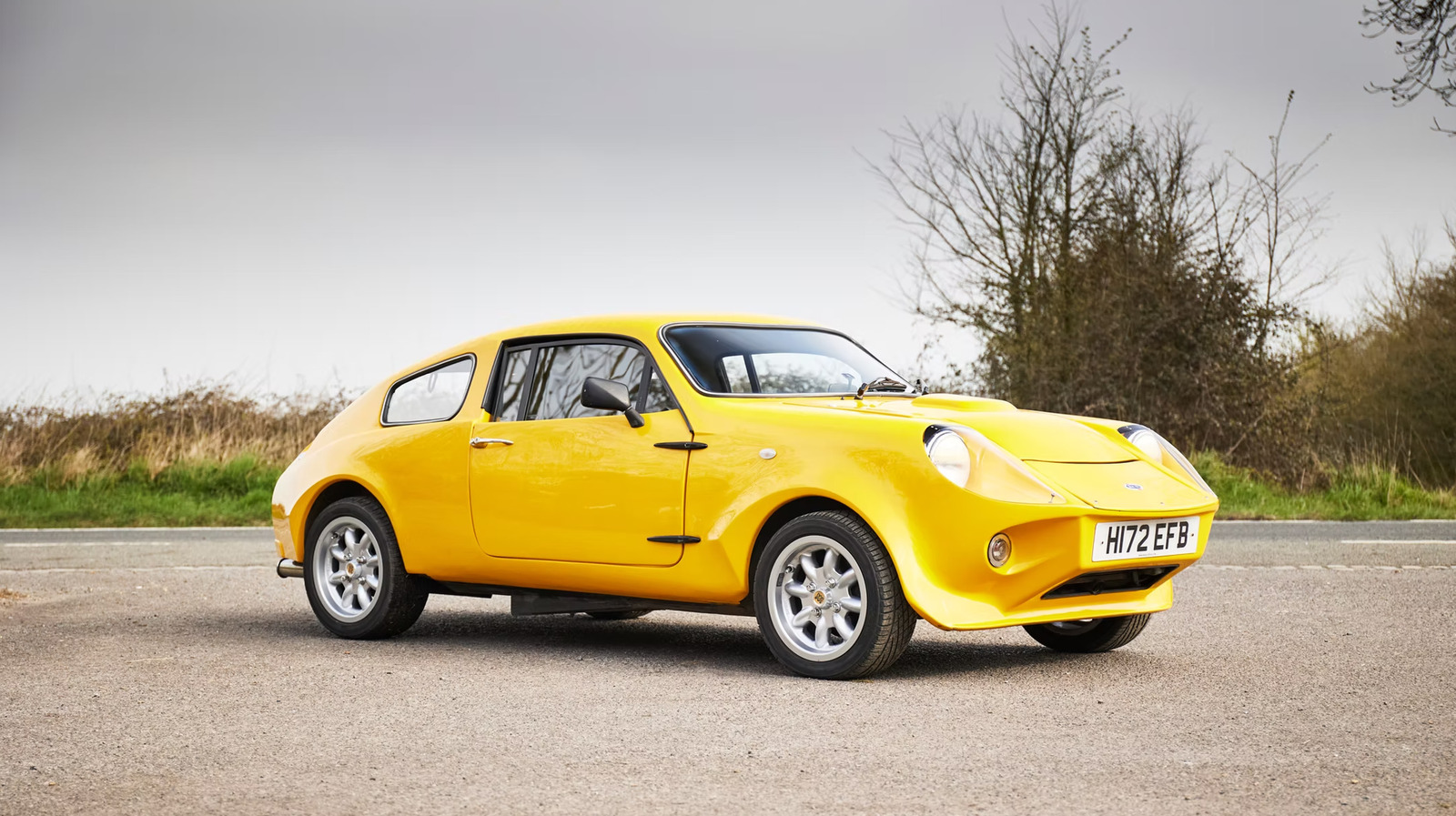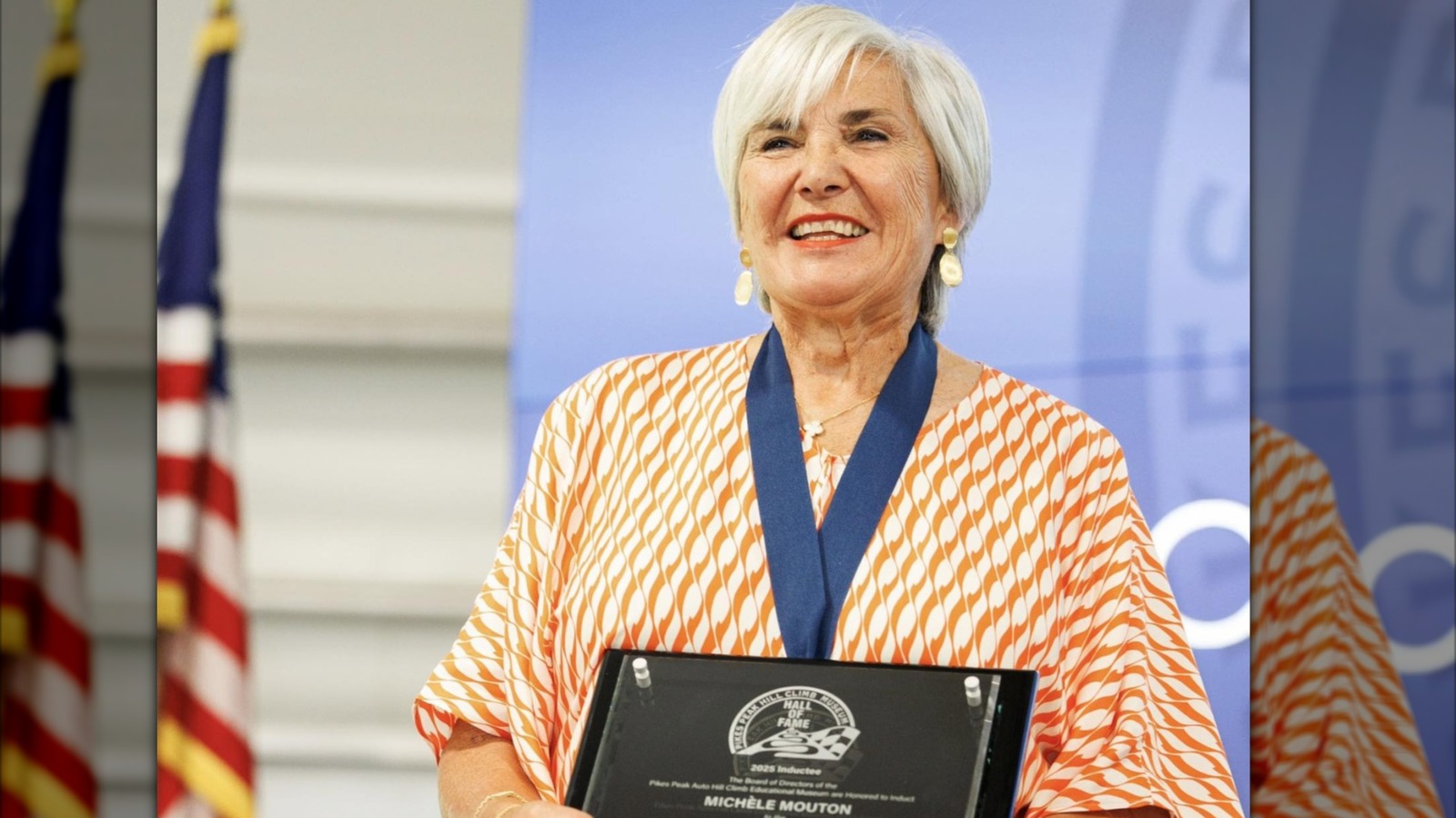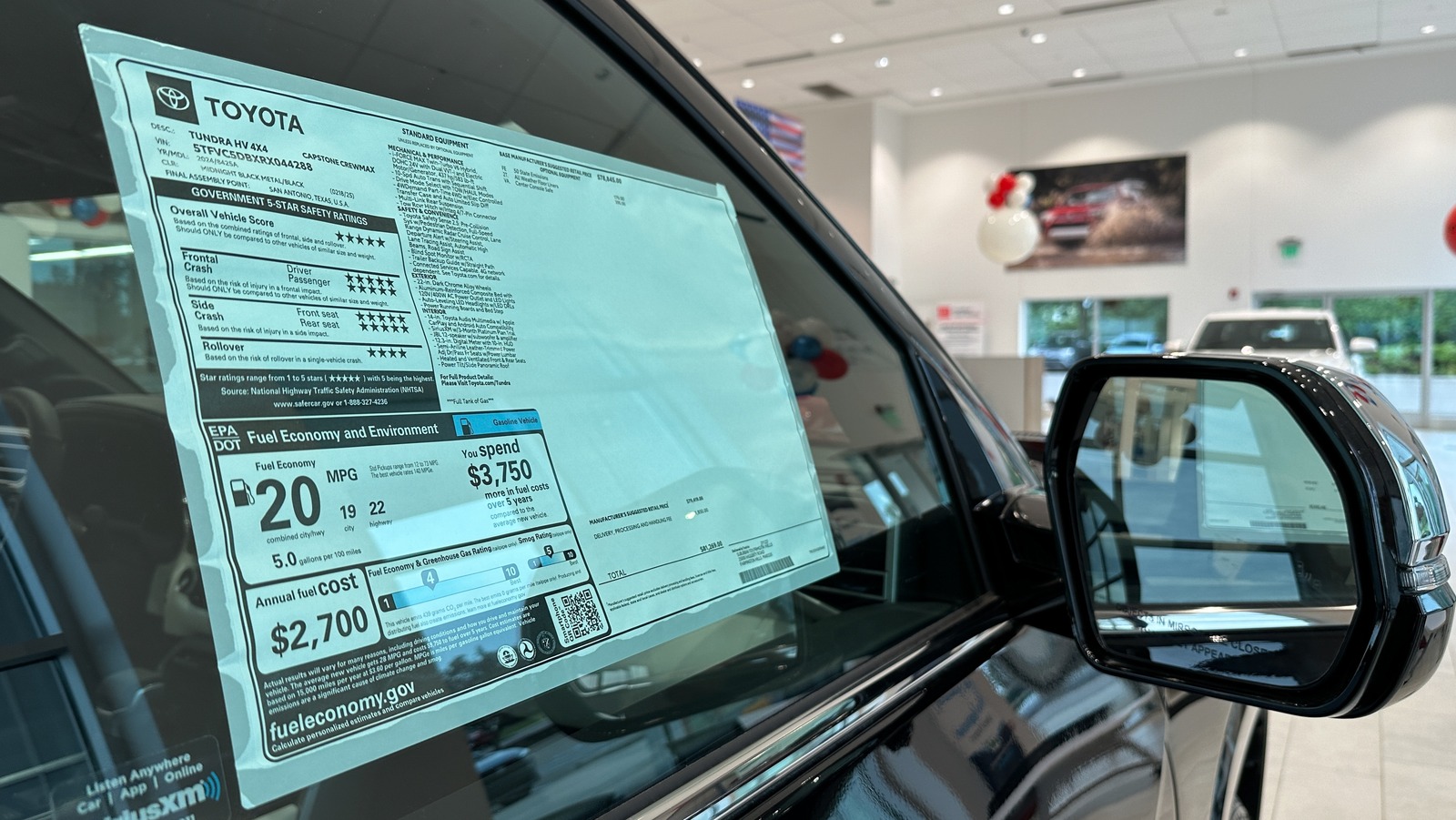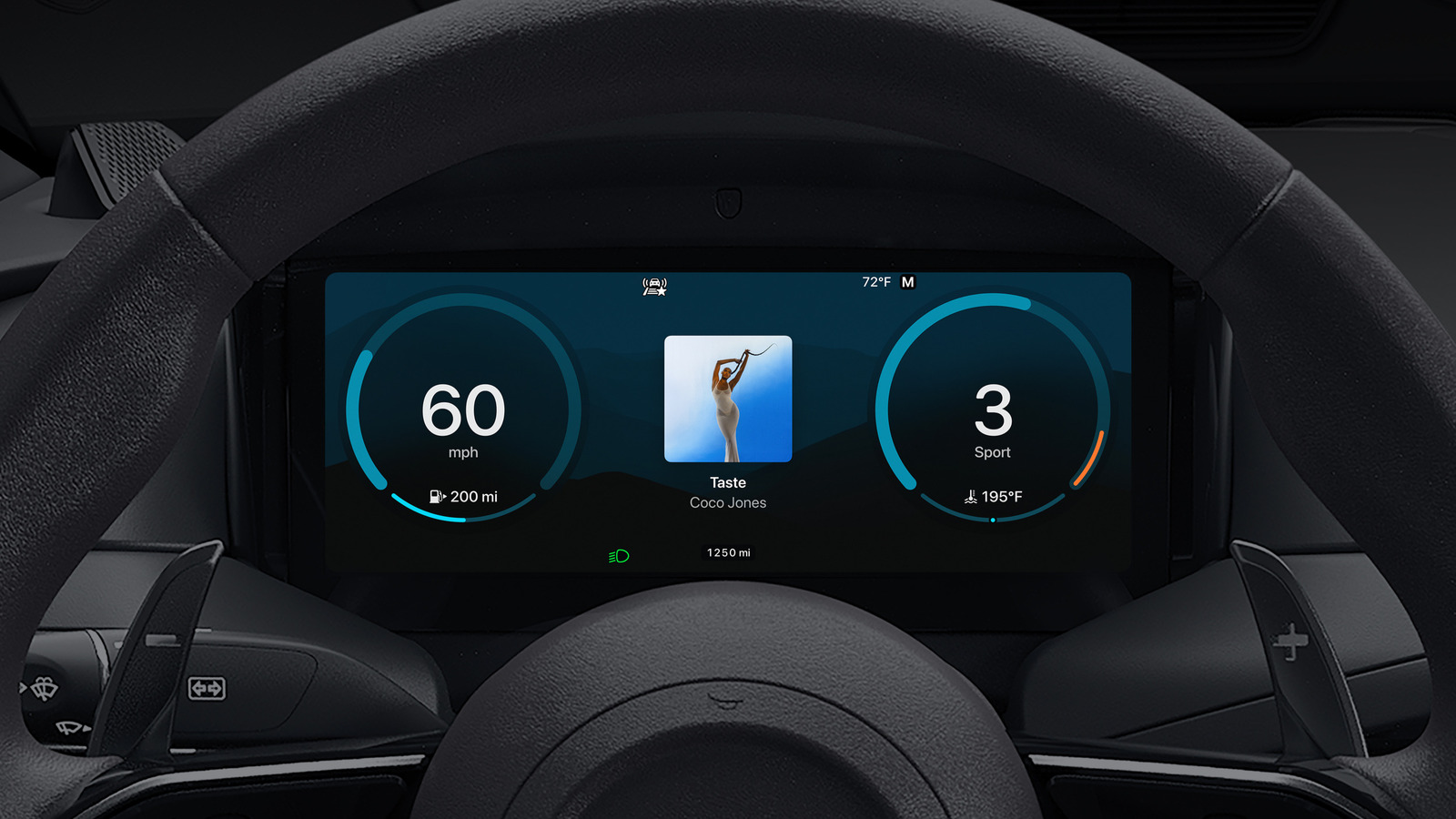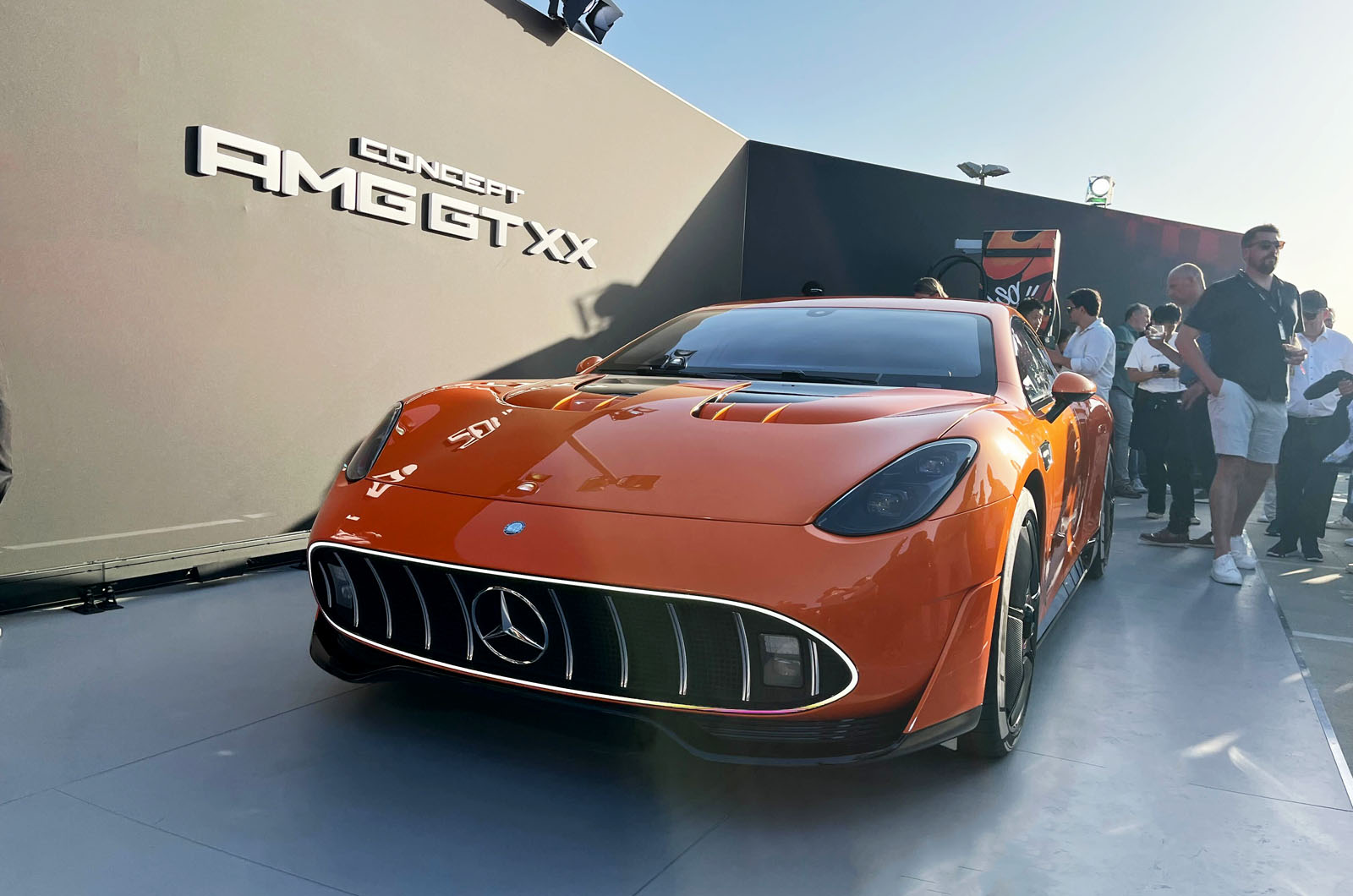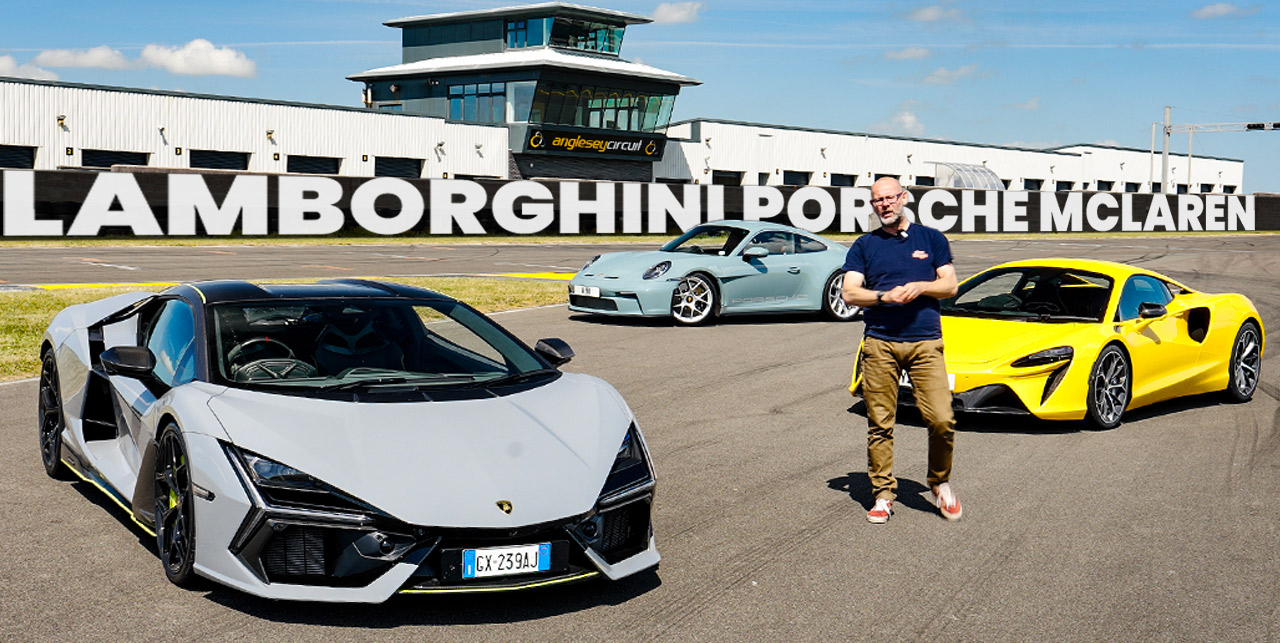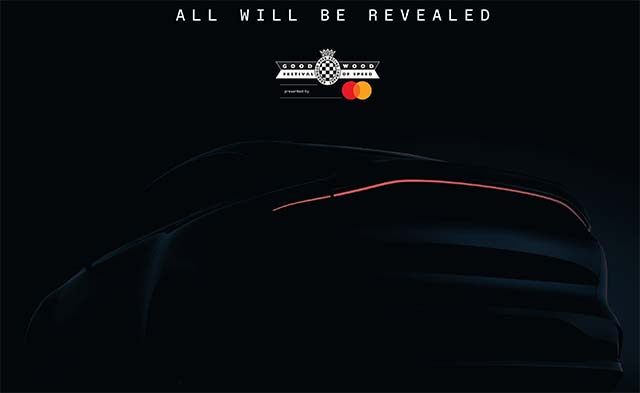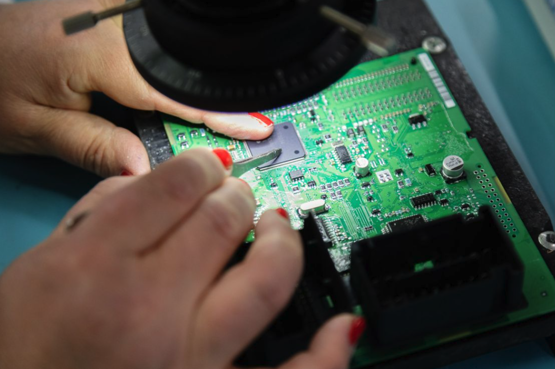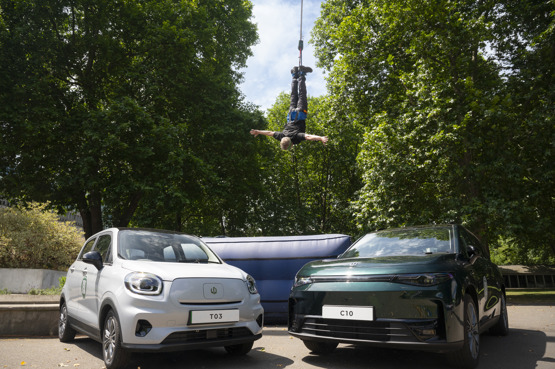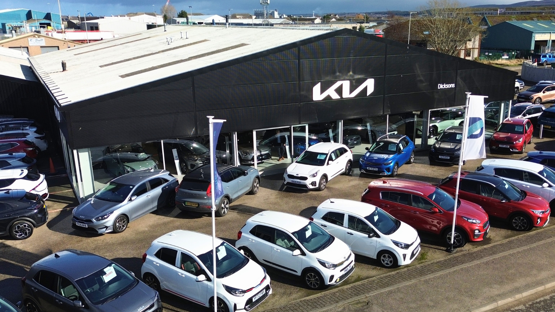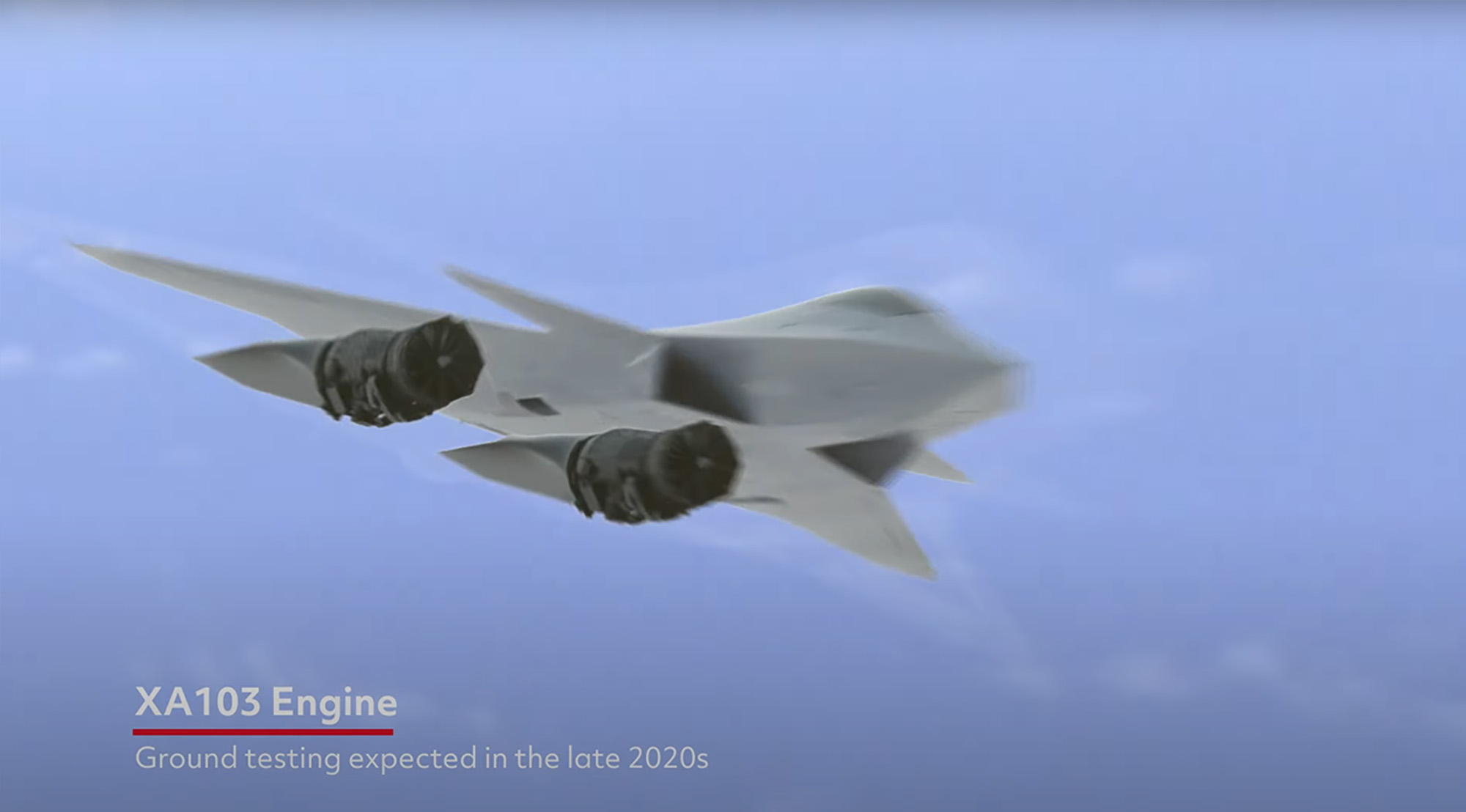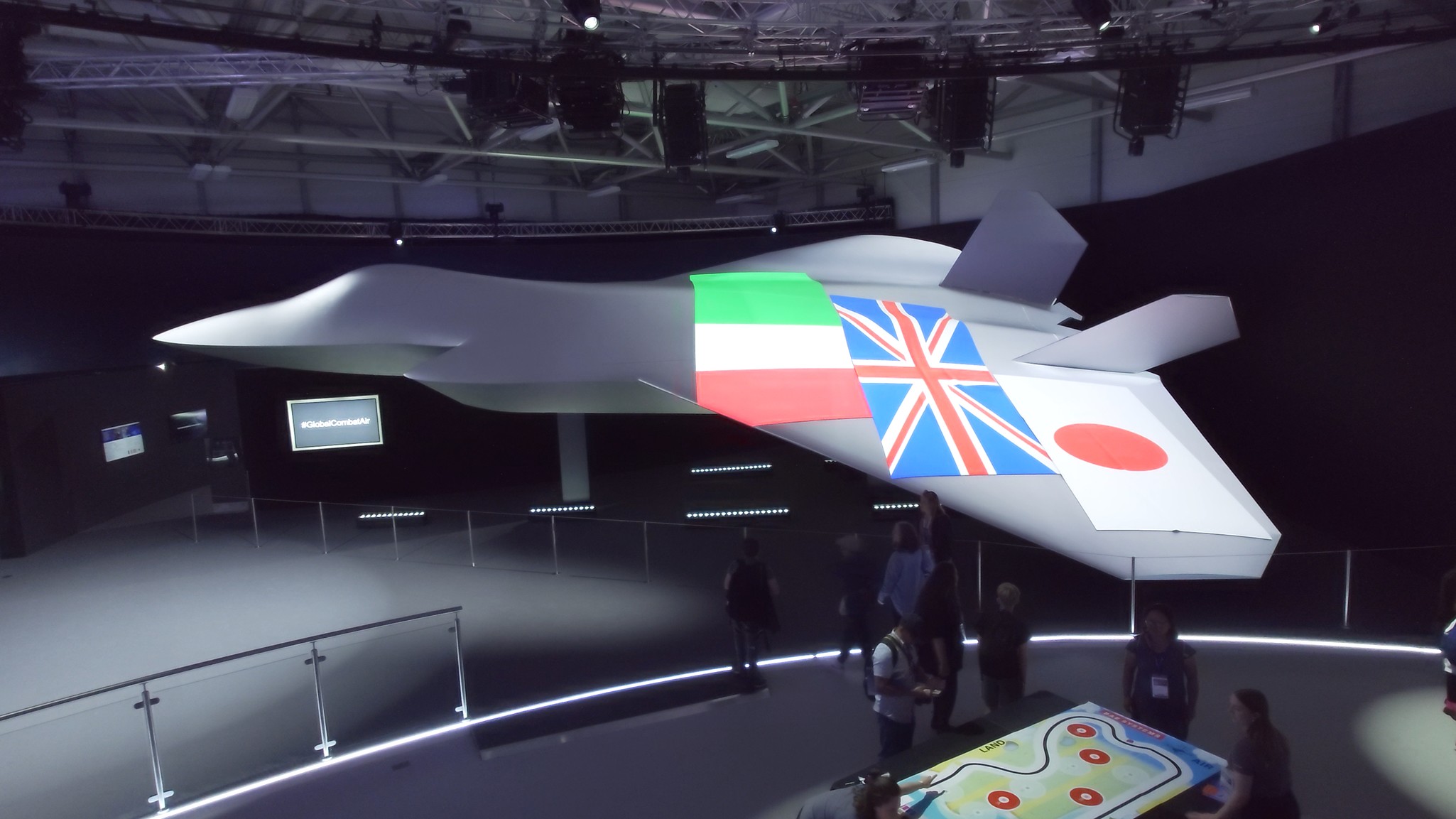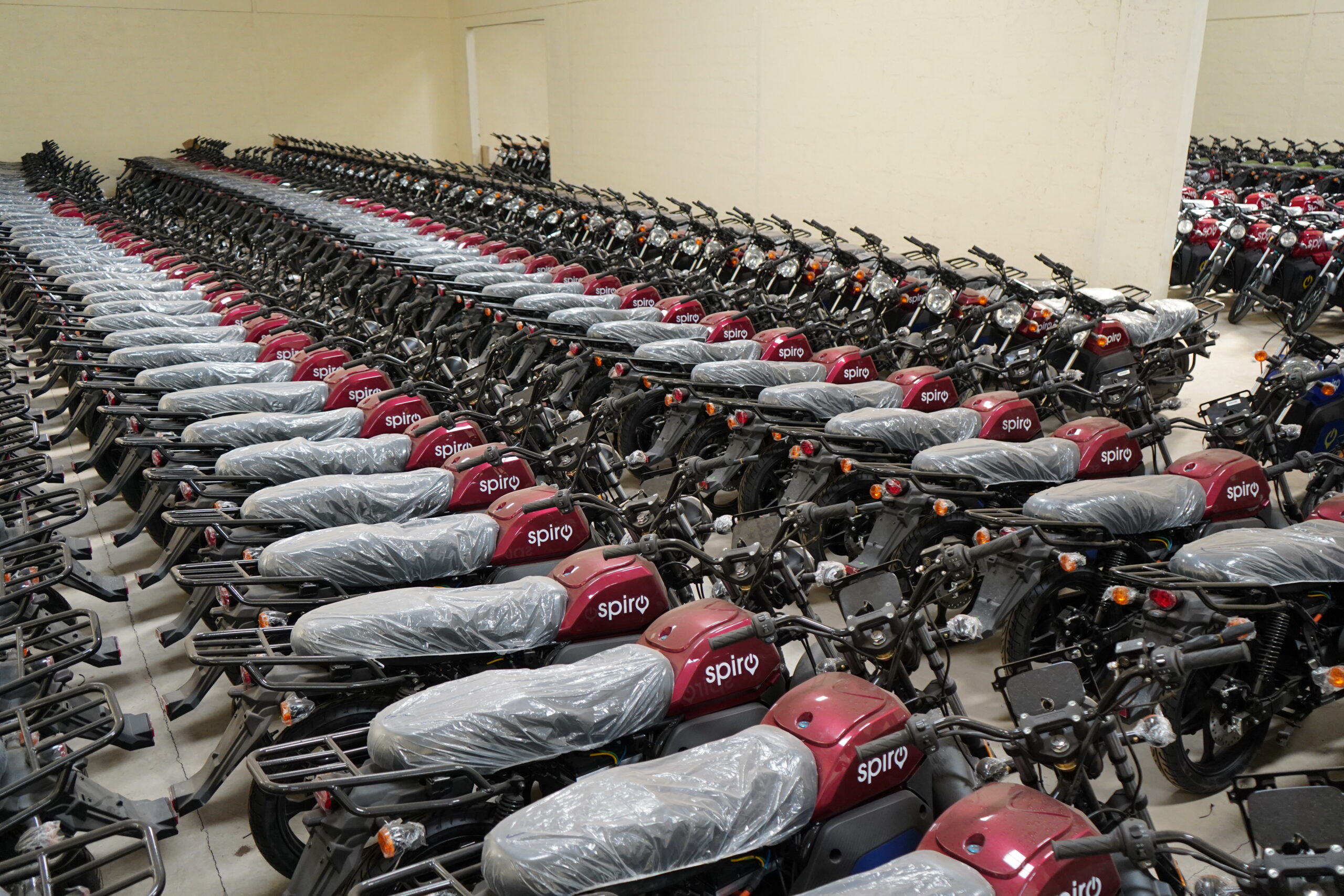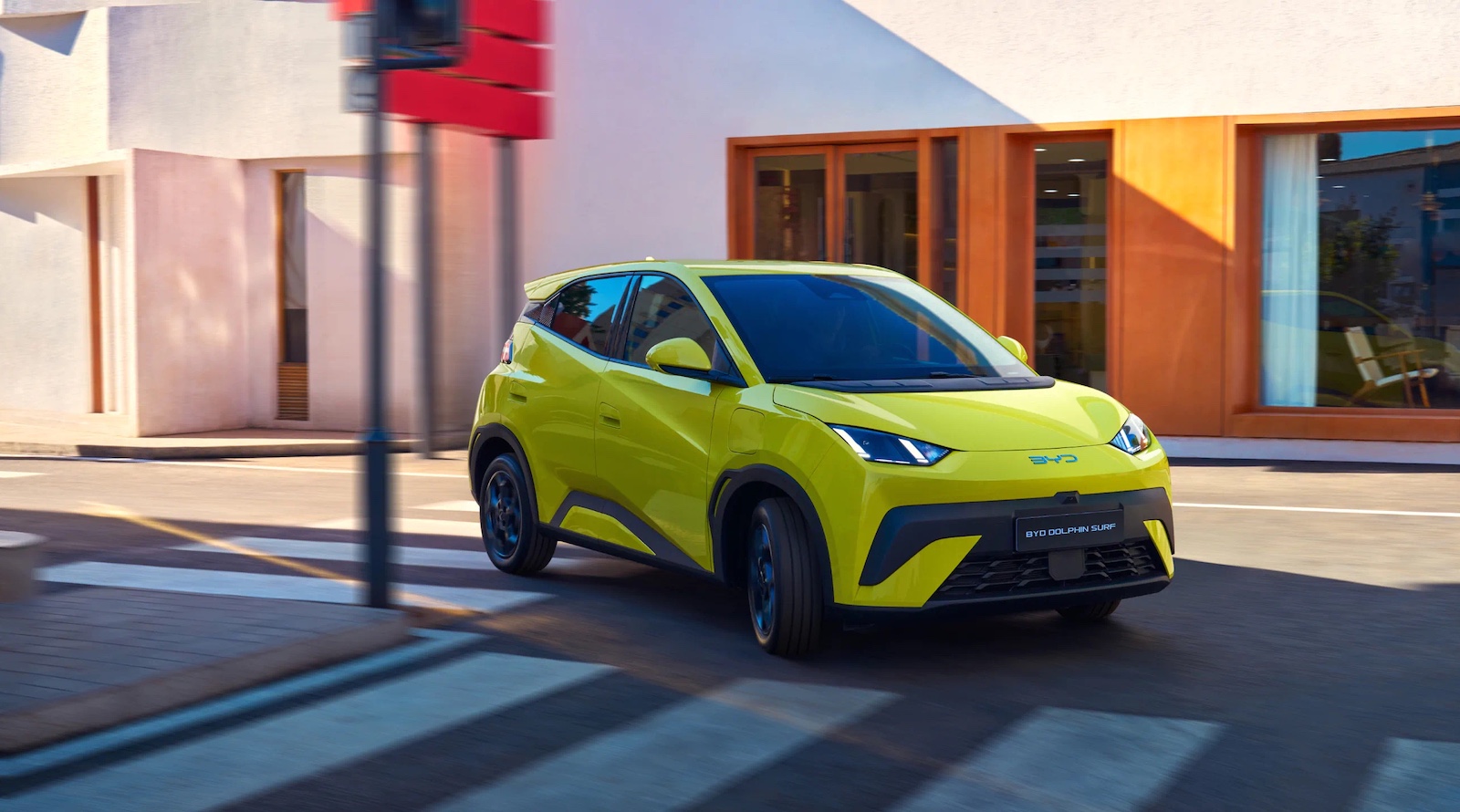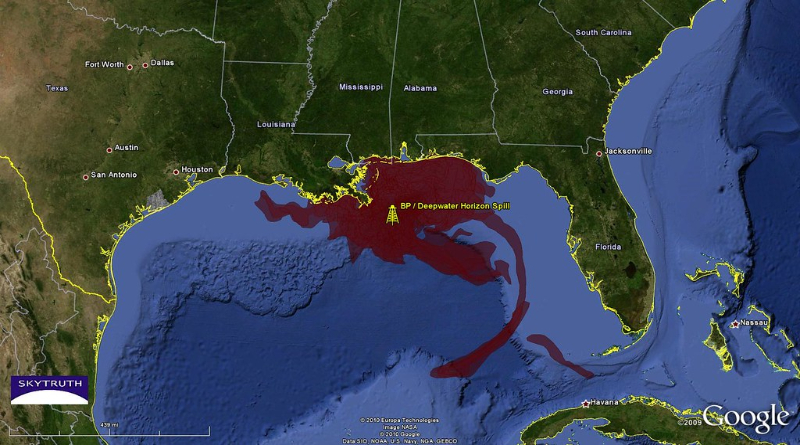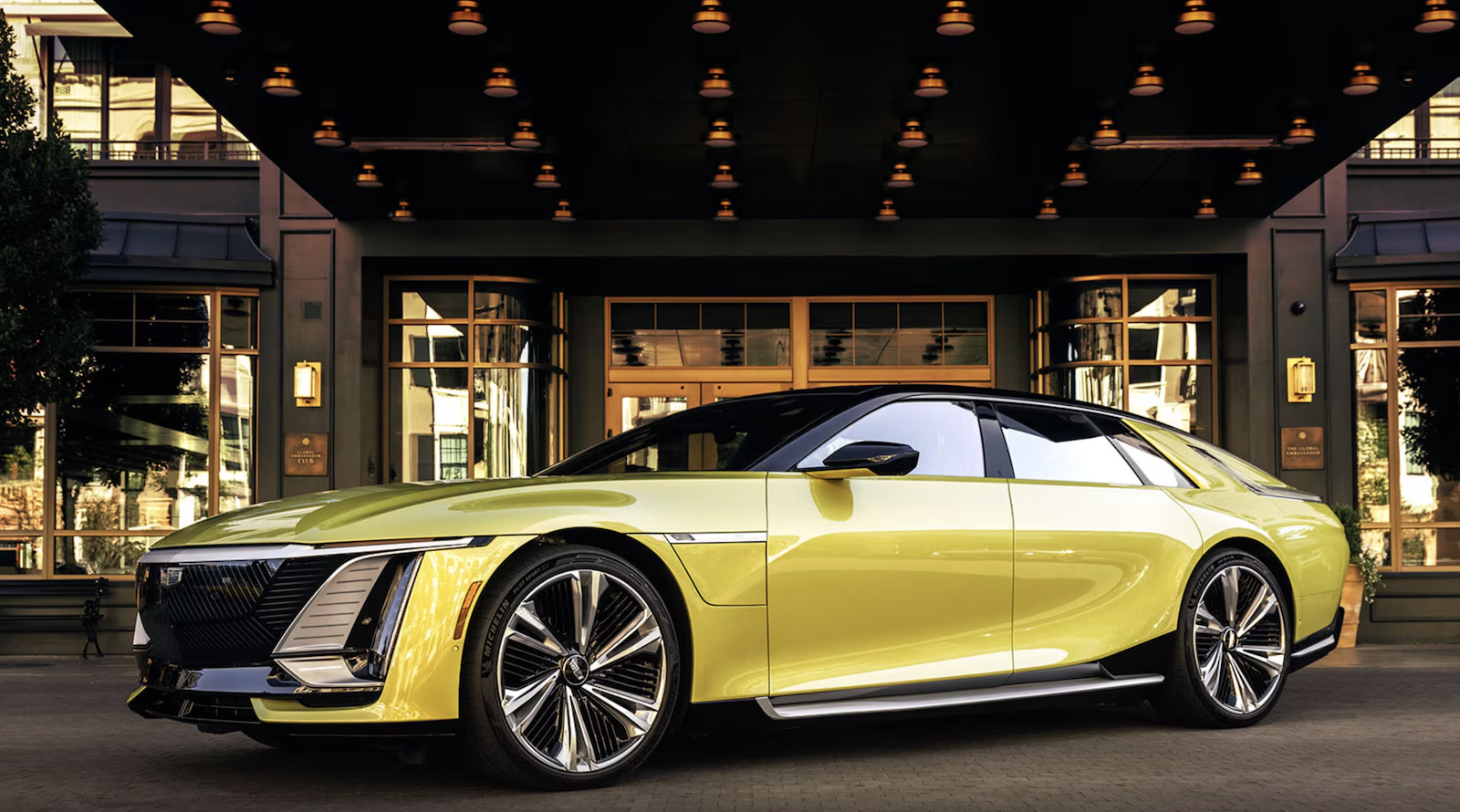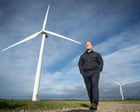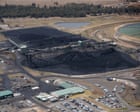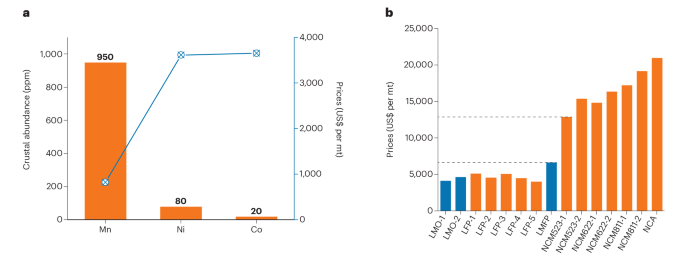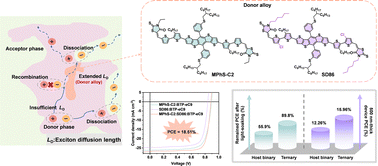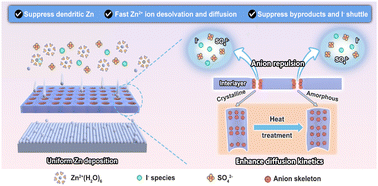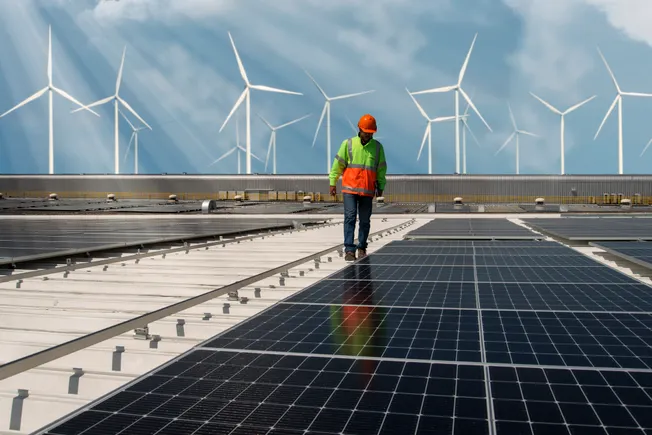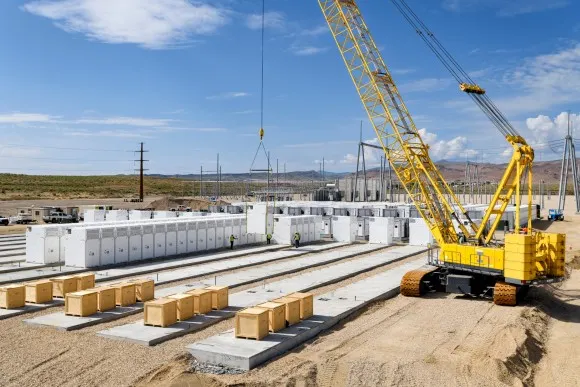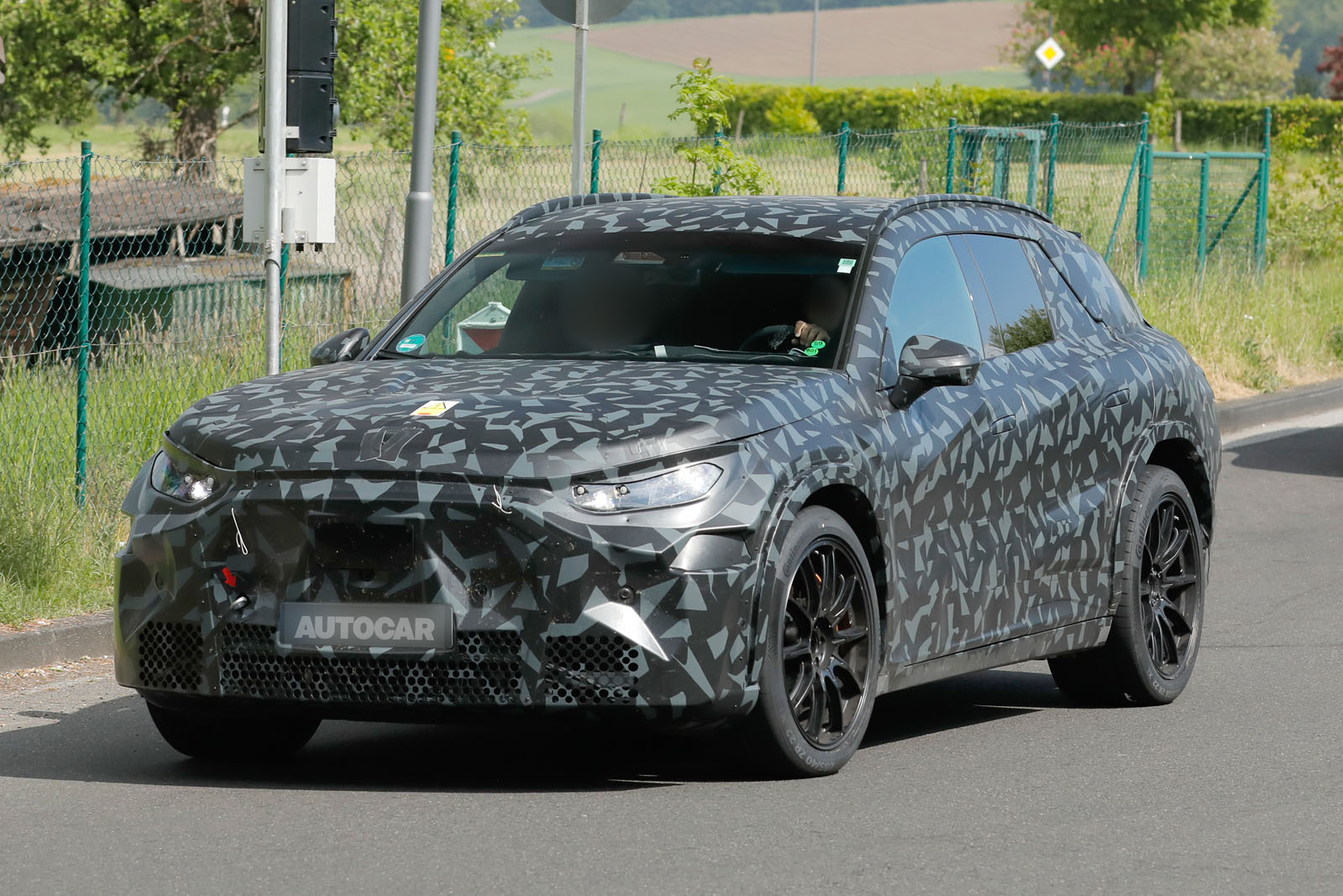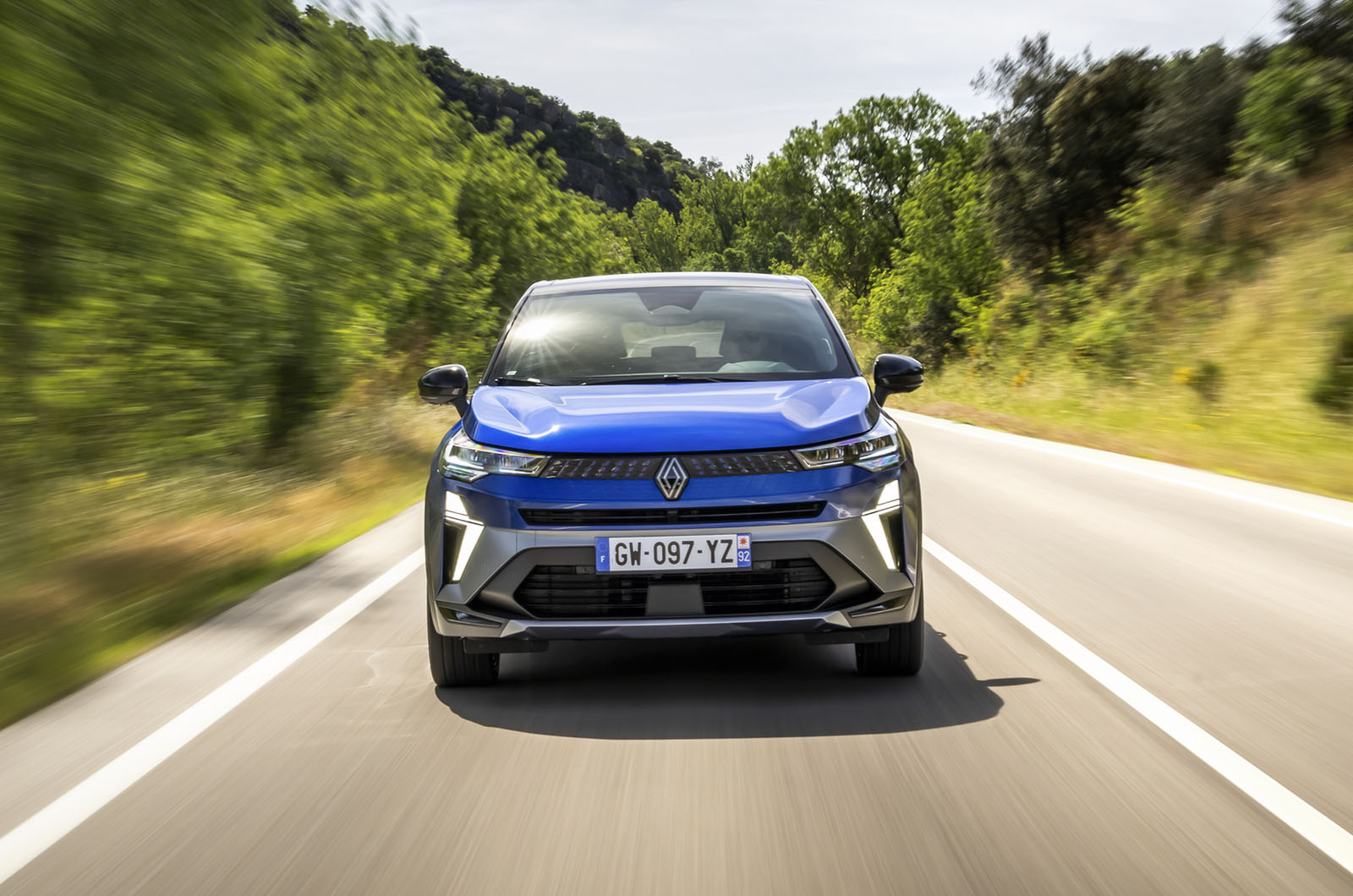Incoming Octavia concept will showcase "next step" of Skoda design
Concept will "create a lot of buzz and controversial discussion" Skoda CEO Klaus Zellmer told Autocar A new Skoda concept car that will preview the next-generation Octavia estate will "create a lot of buzz and controversial discussion" for the brand as it previews a new era of design. Skoda CEO Klaus Zellmer told Autocar that it would be a "further step" for the brand in its design but would still "clearly be recognisable as a Skoda". The estate concept, which will be revealed at the Munich motor show in September, would be based on the Volkswagen Group's upcoming SSP platform, which is designed for the next-generation of electric cars launched after those on its current MEB architecture. Zellmer said the brand decided to wait to launch an electric Octavia on this architecture as the current MEB was not well suited to lower saloon and estate models and was designed more for raised crossovers. Skoda also thought the model would need the next-generation automated driving features offered on the SSP platform. The new Octavia concept would help "develop the brand and the aspiration of the brand further" but it would also "stay true to our roots", and not be a sign of the brand trying to push out of the mainstream. A production version of the concept isn't due until the end of the decade, but Zellmer hinted that it was an option for the electric estate would be sold alongside an updated version of the current internal combustion engined model to ensure that the brand continued to offer a full range of powertrains to customers. "There's enough volume in the market for us to have two cars in parallel. It all depends on customer sentiment, especially in the fleet market. We'll keep all avenues open." A plug-in hybrid version of the Octavia would also be relaunched, said Zellmer, following a renaissance of that market. Zellmer confirmed that the refresh to the Fabia, Scala and Kamiq models to update them to EU7 emissions regulations would keep them on sale "beyond 2030". This reverses a previous decision to phase them out and see them replaced by the new Epiq entry-level electric car due next year. There was now "price parity but not cost parity" for electric cars and combustion-engined ones, said Zellmer, and a key focus of EV development was in trying to bring costs down. Another new electric Skoda due next year is a production version of the seven-seat Vision 7S concept car as a new "flagship" for the brand. Zellmer said the brand was still working on a name for the car but internally it was called "Space BEV" due to its amount of interior space. After that, Zellmer said Skoda would be "at the peak of our portfolio" and said that the introduction of any other models would be unlikely. This includes any models that "speaks to the hearts, like a convertible" as Zellmer said the "full focus is on our portfolio that covers the big footprint" of the market. Zellmer would also "love to see the Yeti again, because I think that car has such a great character, such a good name and a loyal base" but there were no plans to do such a model. There were no plans either for Skoda to enter into commercial vehicles, Zellmer confirmed. He did however say that it there was potential for Skoda to look at bringing in its Indian-built models, including the Kushaq, into the UK as part of the UK's trade deal with India and that the models had "the production cost and quality standards in India offer an opportunity to be cost competitive and use scale". But Zellmer conceded there might be too much overlap with Skoda's existing models that might prevent this from happening. Another project for Skoda was leading not only the development of internal combustion engines for the VW Group but also the ongoing development of the MQB architecture, which underpins the likes of the Octavia, as it was so closely tied to combustion engines. No end date had been set on the development of that architecture and a decision on how much investment would be made into it would be dependent on how Co2 legislation evolves.
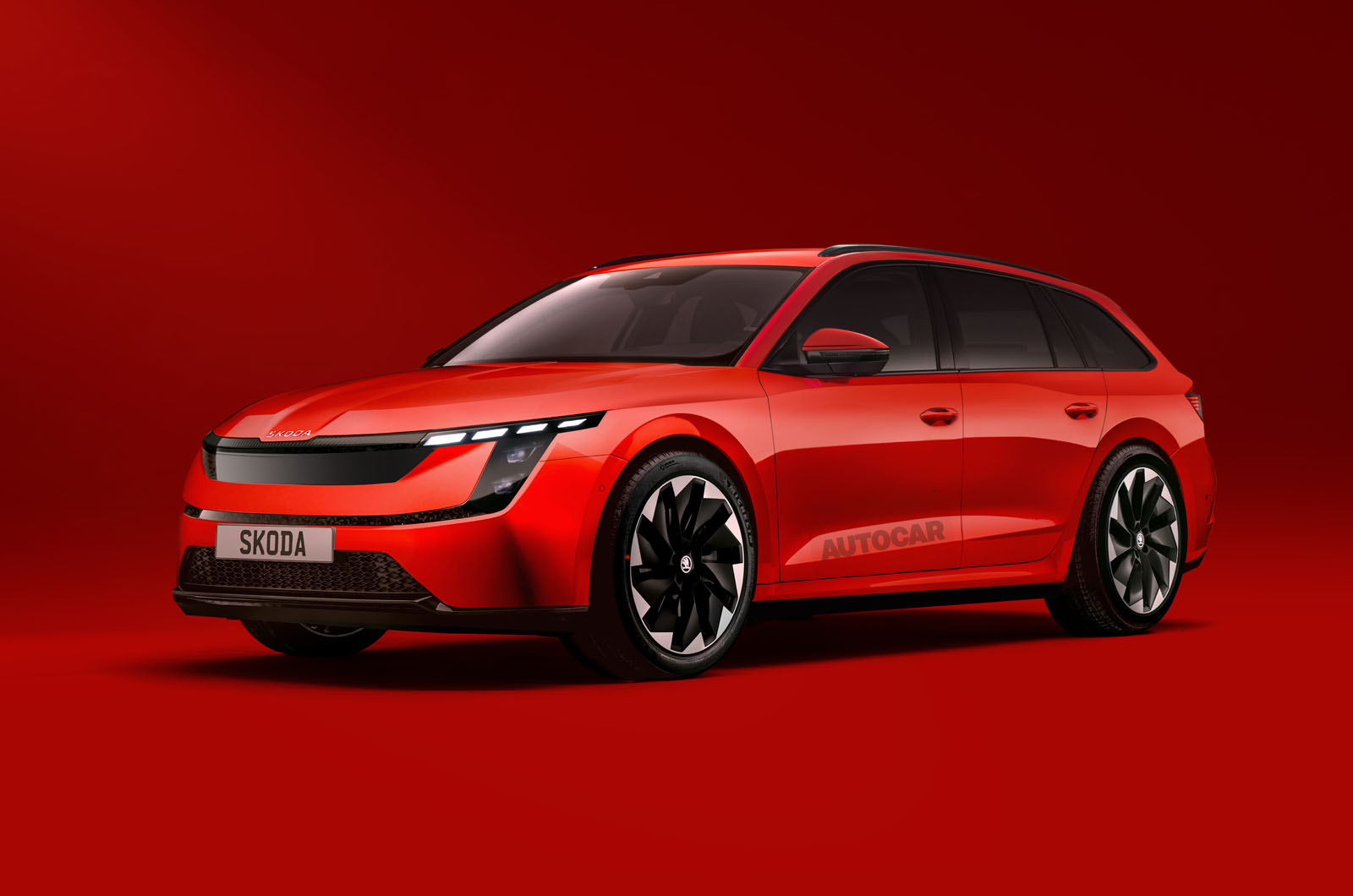
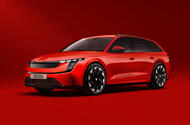 Concept will "create a lot of buzz and controversial discussion" Skoda CEO Klaus Zellmer told Autocar
Concept will "create a lot of buzz and controversial discussion" Skoda CEO Klaus Zellmer told Autocar
A new Skoda concept car that will preview the next-generation Octavia estate will "create a lot of buzz and controversial discussion" for the brand as it previews a new era of design.
Skoda CEO Klaus Zellmer told Autocar that it would be a "further step" for the brand in its design but would still "clearly be recognisable as a Skoda".
The estate concept, which will be revealed at the Munich motor show in September, would be based on the Volkswagen Group's upcoming SSP platform, which is designed for the next-generation of electric cars launched after those on its current MEB architecture.
Zellmer said the brand decided to wait to launch an electric Octavia on this architecture as the current MEB was not well suited to lower saloon and estate models and was designed more for raised crossovers. Skoda also thought the model would need the next-generation automated driving features offered on the SSP platform.
The new Octavia concept would help "develop the brand and the aspiration of the brand further" but it would also "stay true to our roots", and not be a sign of the brand trying to push out of the mainstream.
A production version of the concept isn't due until the end of the decade, but Zellmer hinted that it was an option for the electric estate would be sold alongside an updated version of the current internal combustion engined model to ensure that the brand continued to offer a full range of powertrains to customers.
"There's enough volume in the market for us to have two cars in parallel. It all depends on customer sentiment, especially in the fleet market. We'll keep all avenues open."
A plug-in hybrid version of the Octavia would also be relaunched, said Zellmer, following a renaissance of that market.
Zellmer confirmed that the refresh to the Fabia, Scala and Kamiq models to update them to EU7 emissions regulations would keep them on sale "beyond 2030".
This reverses a previous decision to phase them out and see them replaced by the new Epiq entry-level electric car due next year.
There was now "price parity but not cost parity" for electric cars and combustion-engined ones, said Zellmer, and a key focus of EV development was in trying to bring costs down.
Another new electric Skoda due next year is a production version of the seven-seat Vision 7S concept car as a new "flagship" for the brand. Zellmer said the brand was still working on a name for the car but internally it was called "Space BEV" due to its amount of interior space.
After that, Zellmer said Skoda would be "at the peak of our portfolio" and said that the introduction of any other models would be unlikely.
This includes any models that "speaks to the hearts, like a convertible" as Zellmer said the "full focus is on our portfolio that covers the big footprint" of the market.
Zellmer would also "love to see the Yeti again, because I think that car has such a great character, such a good name and a loyal base" but there were no plans to do such a model.
There were no plans either for Skoda to enter into commercial vehicles, Zellmer confirmed.
He did however say that it there was potential for Skoda to look at bringing in its Indian-built models, including the Kushaq, into the UK as part of the UK's trade deal with India and that the models had "the production cost and quality standards in India offer an opportunity to be cost competitive and use scale".
But Zellmer conceded there might be too much overlap with Skoda's existing models that might prevent this from happening.
Another project for Skoda was leading not only the development of internal combustion engines for the VW Group but also the ongoing development of the MQB architecture, which underpins the likes of the Octavia, as it was so closely tied to combustion engines.
No end date had been set on the development of that architecture and a decision on how much investment would be made into it would be dependent on how Co2 legislation evolves.








